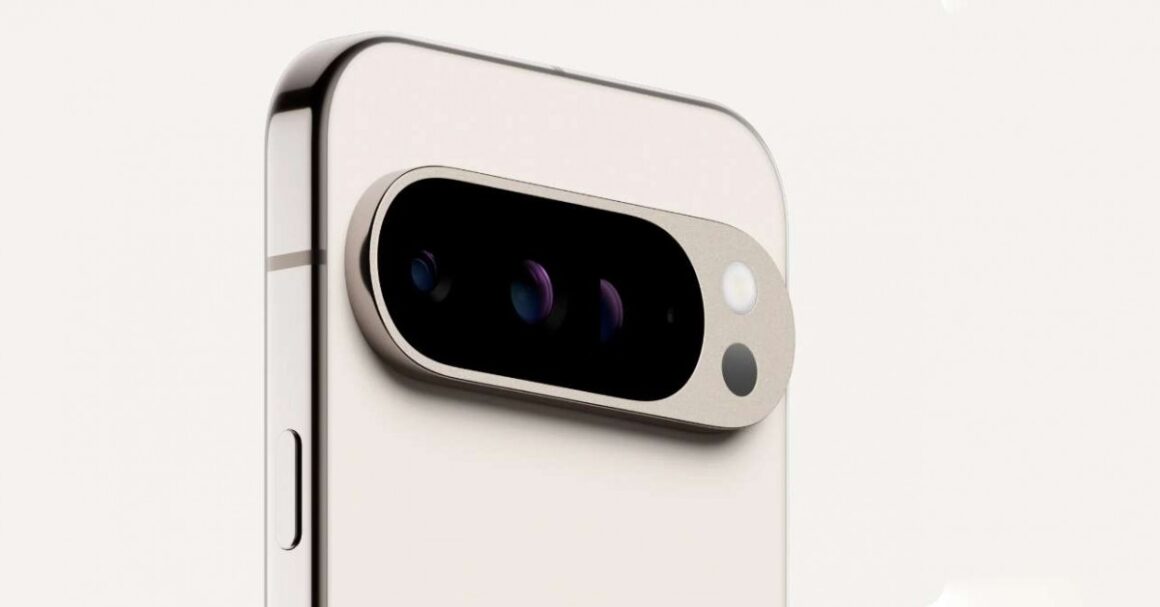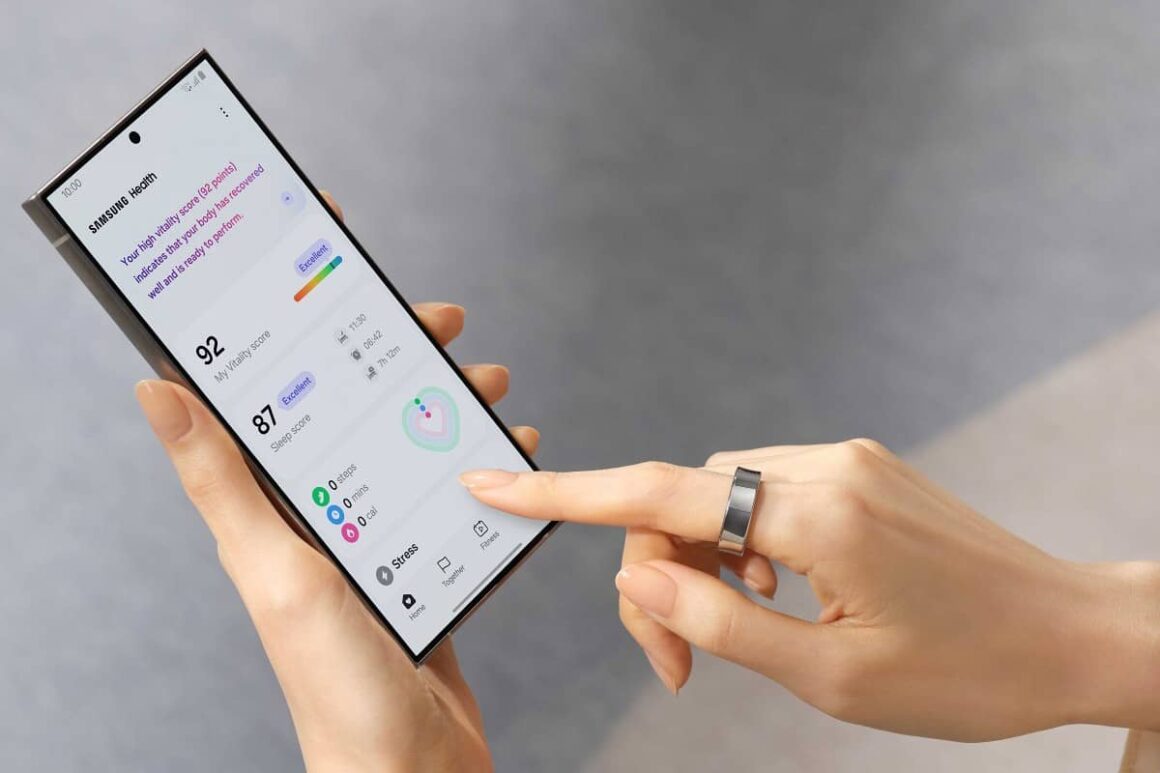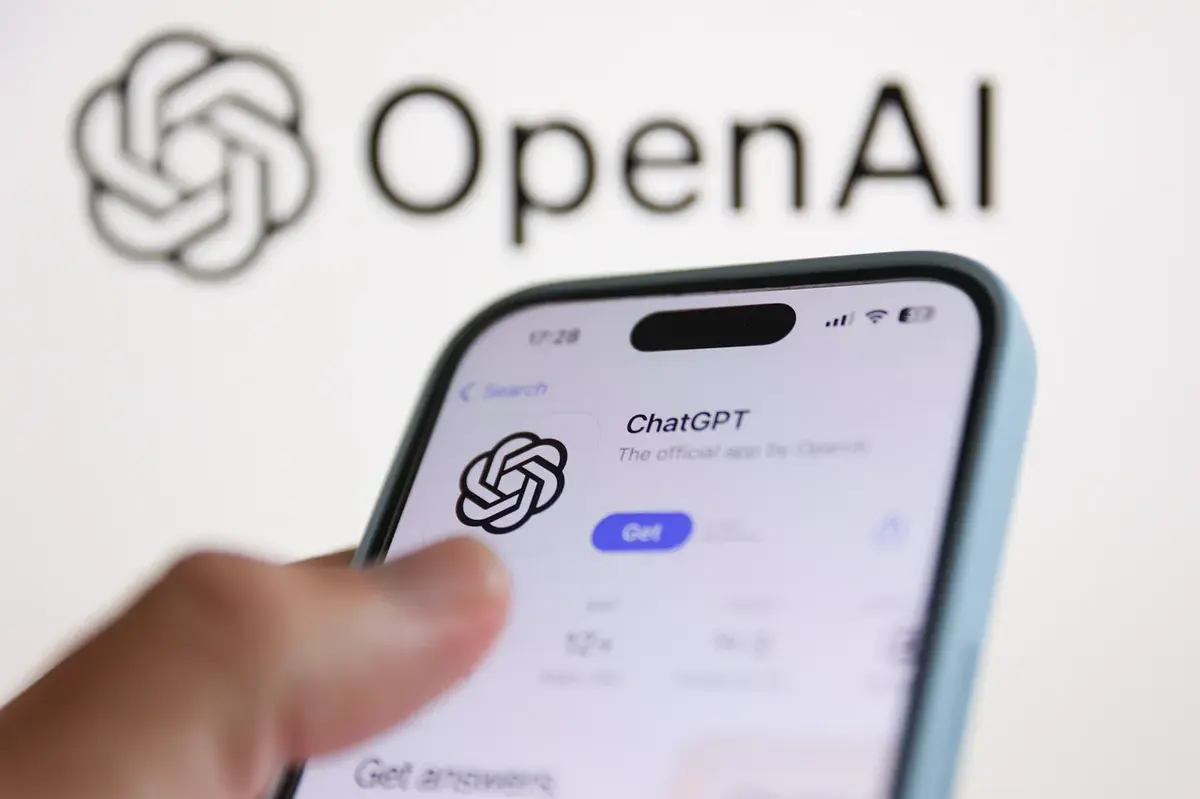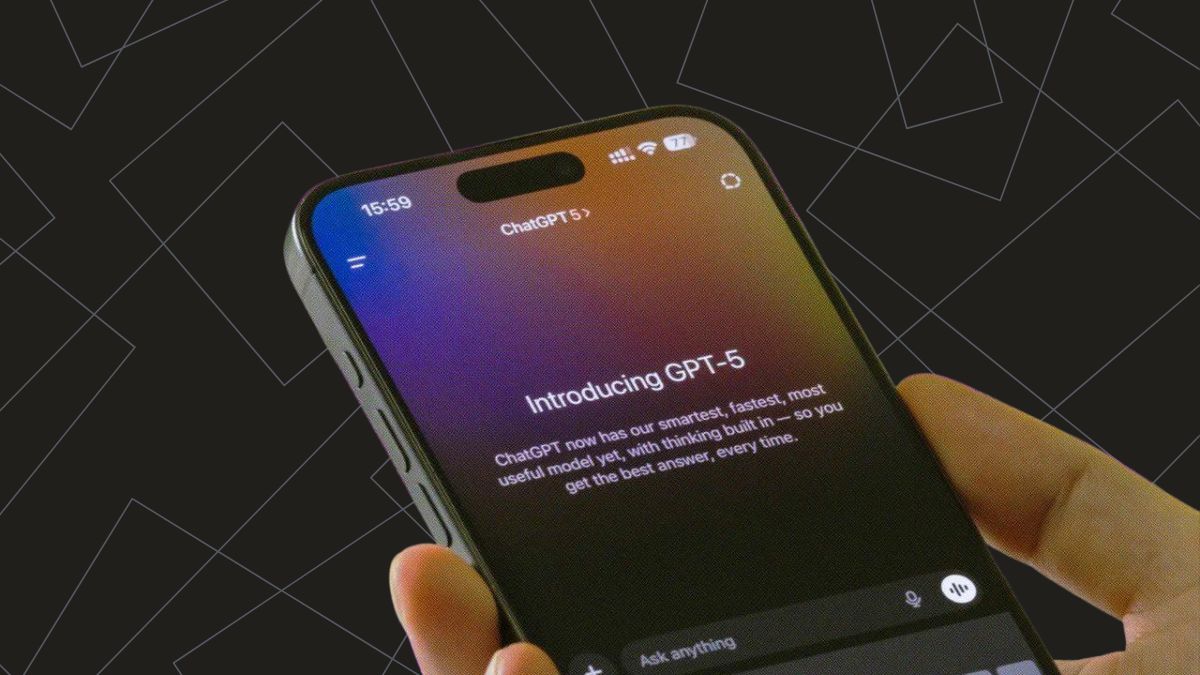In 2024, major phone makers promised a new era of AI smartphones. They claimed AI would change how we use our devices, making them smarter, more intuitive, and more helpful.
But after a year of flashy launches and bold proclamations, the reality of AI on smartphones is far from groundbreaking.
Big Promises, Limited Features
Companies like Samsung, Google, and Apple marketed their latest phones as the future of AI. Samsung’s Galaxy S24 series launched with “Galaxy AI,” Google’s Pixel 9 featured Gemini AI, and Apple introduced “Apple Intelligence” with the iPhone 16.

These features included tools like live language translation, AI-powered photo editing, and smarter voice assistants. However, the results were underwhelming. AI tools often felt like disconnected tech demos rather than cohesive, game-changing solutions.
For example, Samsung’s AI promised to remove distractions from photos but often produced strange results.
Google’s Gemini AI was everywhere on the Pixel 9, yet its features felt isolated and incomplete. Apple’s AI updates arrived late and offered little beyond cosmetic changes to Siri and basic notification summaries.
Missed Opportunities
The vision for AI smartphones included seamless integration. Tasks like ordering pizza, managing schedules, and finding information across apps were supposed to be effortless. Instead, AI remained a collection of niche features, often overshadowed by the novelty factor.
For instance, Samsung’s live language interpreter translated a colleague’s words as “I am eating my chair.” Apple’s AI-generated email summaries were more amusing than useful. These features rarely made a lasting impact on daily phone use.
A Messy Year for AI
The disappointment with AI smartphones reflects broader challenges in the AI industry. While AI is being integrated into various products, it often feels rushed or incomplete. In smartphones, the lack of coordination between apps and AI systems highlights the gap between potential and reality.

However, there’s hope for improvement. Apple plans to expand Siri’s capabilities in 2025 with “App Intents,” allowing deeper integration with apps.
Google is working on similar enhancements for Android 16. These updates could make AI on phones more practical, but they are still months away.
In 2024, AI smartphones failed to live up to the hype. The promised revolution didn’t materialize, leaving users with features that felt more like gimmicks than game-changers.
For now, the industry needs to deliver on its promises before users lose patience with the AI buzz.












Leave a comment